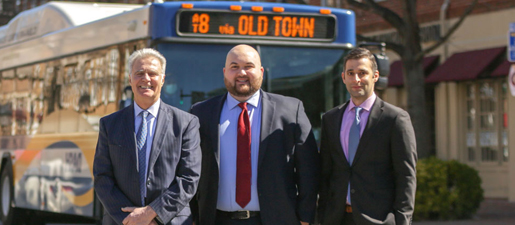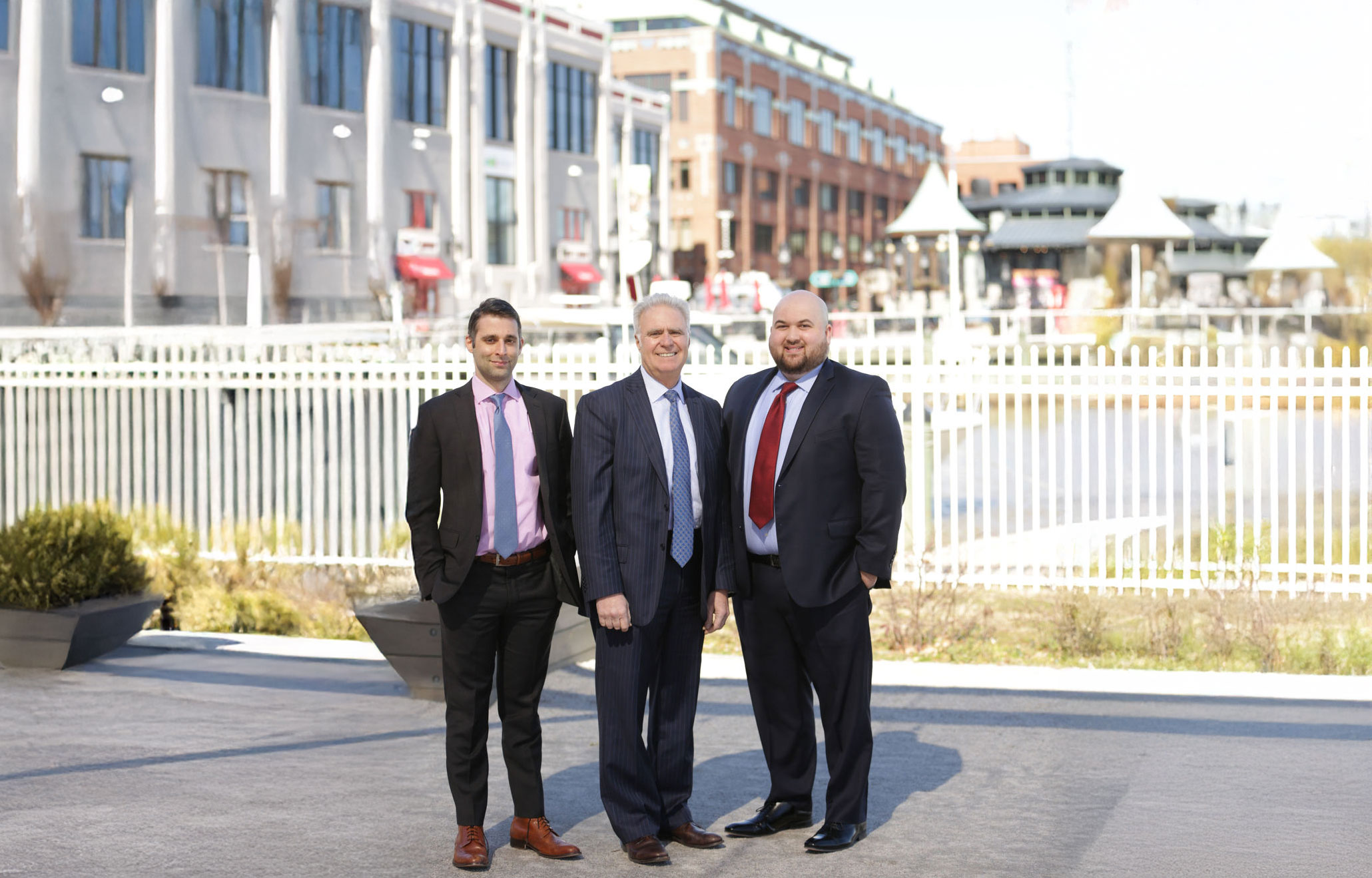
While anyone can be a victim of sexual assault, certain populations are more vulnerable, including children, the elderly, people with disabilities, prisoners, and college students. Individuals who are most at risk and who struggle to advocate for themselves must be better protected, and an upcoming amendment to Virginia legislation aims to address this need.
In the most recent session, the Virginia Legislature amended Code of Virginia § 8.01-42.6 and has codified vicarious liability of employers when their employees assault, sexually assault, or perform any other intentional act that injures or kills a vulnerable victim.
Why Was This a Problem?
Prior to this new law, victims of sexual assault were left without a civil remedy against the perpetrators that injured them. The Courts in Virginia have ruled that employers are not liable, or responsible, for their employees’ intentional torts. An intentional tort is when harm is naturally caused by the intentional act of a person. This is different than negligence, which is when harm is caused by a person’s failure to act reasonably. Before this new law, employers would be liable for the damages suffered due to their employees’ negligence; but would not be liable for the damages suffered by their employees’ intentional acts.
This most prevalent intentional tort is, unfortunately, sexual assault. Before this new law change, bad actors could commit sexual assault and the victim would be left without a civil remedy to make them whole for their damages. This most common example of this was unfortunately in medical institutions, nursing homes, or assisted living facilities.
A report by the Department of Justice underscores the need for such reform: individuals with disabilities are nearly four times more likely to be raped or sexually assaulted than non-disabled individuals, yet their cases are significantly underreported. In nursing homes and assisted living facilities, the risk is compounded by increasing demand for elder care as the population ages.
Sexual assault also occurs in doctors’ offices, prisons, training facilities, college residences and rentals, churches, and schools. These are all locations where victims should be safe from harm, which adds to the trauma they experience. Victims endure a broken sense of security and trust is shattered, and it can take years to feel safe again.
What Does the New Law Do?
The amendment to the Virginia Code now allows juries to find that the employer is liable for their employees’ intentional acts. The new law states that employers are liable for their employees acts if the employer knew that the employee was likely to be in contact with a vulnerable victim and failed to exercise reasonable care to prevent the employee from intentionally harming the vulnerable victim.
The amendment also defines vulnerable victims. Under the new law vulnerable victims are any person “who is at a substantial disadvantage relative to an employee due to circumstances, including such person’s physical or mental condition or characteristics.” This definition specifically includes any patient of a health care provider, a minor, and residents of assisted living facilities, among others.
Our Virginia sex abuse attorneys are confident that the legislation will help prevent future intentional acts and strengthen civil claims when they do still occur. The new law also makes it feasible for victims to pursue civil action as the collectability of a civil judgment is more certain when the employer is liable for the damages.
Bumpy Legislative Road
Virginia House Bill 1730 (HB1730), known as the Sexual Assault Employer Accountability Act, experienced a dynamic legislative journey before its enactment. After both chambers passed different versions, a reconciliation process was needed to finalize the bill. Just days before it was set to fail, renewed momentum—thanks to support from key legislators and advocacy groups like the Virginia Trial Lawyers Association—breathed new life into the effort. The final version allows for both criminal and civil (personal injury) claims to be brought and expands the scope beyond sexual assault to include a broader range of wrongful acts.
Moving Forward
At Curcio Law, we’ve seen firsthand the depth of harm caused by sexual assault and understand how difficult it is to come forward. Our sexual assault attorneys are dedicated to protecting the rights of victims while guiding them through the legal process with compassion and discretion. A civil lawsuit can provide compensation, empower victims, and give back control.
If you have questions about your rights under the new law, or are seeking legal counsel in a civil sexual assault case, Curcio Law is here to help. Call or text 703-836-3366 for a confidential and free consultation.

